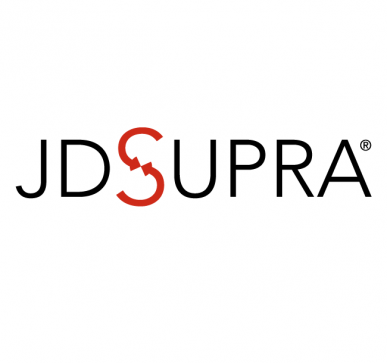“Spider Webs”, “Panama Papers” and IRS was published by JD Supra on 6/13/16.
IRS has asked involved U.S. taxpayers to come forward before IRS reads and dissects the “Panama Papers”. IRS will “plan how to use the huge trove of leaked documents to catch criminals — and urged Americans to come clean now before illegal activity is discovered”. “People hiding assets offshore should recognize the continued changes and progress in the international tax arena,” the IRS said. “More than ever, their best option remains to come forward voluntarily and participate in the IRS Offshore Voluntary Disclosure Program.” The penalties under the Offshore Disclosure Program are not as severe as if the IRS finds the out of compliance taxpayers itself. The IRS warning to the U.S. taxpayers comes after meeting with tax authorities from over 40 countries. All tax authorities are sorting through the evidence in a quest to deliver a combined response.
Every U.S. taxpayer ought to consider that IRS already has a lot of taxpayer information. Many changes have already taken place, and taxpayer information has been exchanged across multiple
jurisdictions. In addition to FATCA, IRS has other tools to extract information: its whistleblower program, and the John Doe summons (used to trace activity in correspondent bank accounts). The
IRS message to U.S. taxpayers to come forward should be taken seriously. Banks, as intermediaries, are caught in the regulatory complexity of the financial services industry. A
main mission of a bank is to minimize risk and reduce expense. The days of on-boarding corporate bank accounts with complex ownership structures that mirror spider webs are ending. Although it seems that “sanctioned person(s)”can still get through the banking system, it will be more difficult after the dust of the “Panama Papers” has settled. Up to the present, shell companies have been easy and inexpensive to form and operate. Add the multiple layers of ownership that can be devised, and the complex ownership structure is born. Banks were primarily looking at the 25% ownership threshold, but this may end, and settle at the 10% FATCA threshold. As a result, the entities that have “beneficiaries” with less than 10% ownership control will still be able to get through the banking system and the spider webs will be challenging to decipher. Eventually, all beneficial owners will have to be disclosed to the banking authorities, as they are in the EU. The global response to the “Panama Papers” has been that no person should be able to hide behind these complex and hard to figure out structures.
CDD requirements for financial institutions will be strengthened and clarified. And, eventually, entities will be required to disclose their ultimate, or beneficial, owners to government authorities. The bankers will have no incentive to build banking or brokerage books. Moreover, bankers for Professional Services Provider (PSP) bank accounts will be asking more questions about PSP CDD
programs, collecting more information and documenting files as to their compliance. And, a call from a banking regulator is something that nobody wants. Regulators have an ongoing mission to ensure that financial institutions have effective compliance programs in place. So, banking institutions that perhaps don’t have the right CDD programs in place to identify complex
spider webs ownership charts should raise their hands and come forward. Non-compliant U.S. taxpayers need to do the same. Government wants individuals and companies to come forward and
take the first step, as opposed to having to identify individuals or companies itself. Don’t be a victim of your own making. Come forward before the authorities find you. Consult your tax specialist before doing so.





